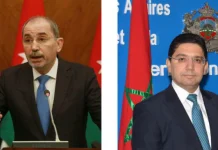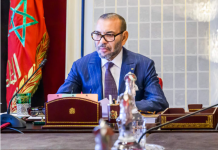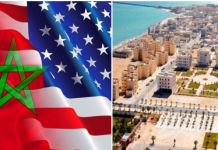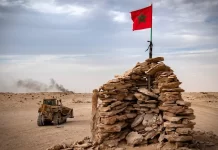Rabat – The recent signing of the amended agricultural agreement between Morocco and the European Union (EU), through an exchange of letters, represents a foundational step in building a corridor of shared prosperity, according to geostrategy and security expert Cherkaoui Roudani.
Mr. Roudani emphasized that this development goes beyond a mere sectoral adjustment. It constitutes a significant act of geo-economic sovereignty, reinforcing Morocco’s strategic vision of inclusive and territorial development.
By formally recognizing that agricultural products originating from the Moroccan Sahara are entitled to the same tariff preferences as those from other regions of the Kingdom, the EU affirms a longstanding Moroccan position: all agreements signed with Morocco apply unequivocally to its entire sovereign territory. This recognition upholds the inviolability of Morocco’s territorial integrity, a principle Rabat has consistently maintained.
The expert further underscored that this amendment is not merely a trade facilitation mechanism. Rather, it elevates the Moroccan Sahara as an emerging geo-economic hub, a strategic junction for agri-food flows connecting Europe, Africa, and the Atlantic.
Through enhanced labeling and promotion of products from the regions of Laâyoune-Sakia El Hamra and Dakhla-Oued Eddahab, the agreement positions Morocco’s southern provinces as key platforms for a new, inclusive development model. These regions are now poised to play a central role in job creation, wealth generation, and the advancement of territorial socio-economic autonomy.
On a broader strategic level, Mr. Roudani noted that the EU is signaling a deepened partnership with Morocco — one that integrates agricultural resources, logistics corridors, and transcontinental value chains as tools for stability and co-development. In this context, the Moroccan Sahara emerges as a geostrategic focal point and a future-oriented crossroads in the reshaping of global prosperity routes.
In conclusion, Mr. Roudani characterized the amended agreement as a turning point in Morocco–EU relations. It marks a moment of geo-economic crystallization, where legal, economic, and political dimensions converge to forge a stronger and more visionary alliance between the two parties.
BY: The Times Union








